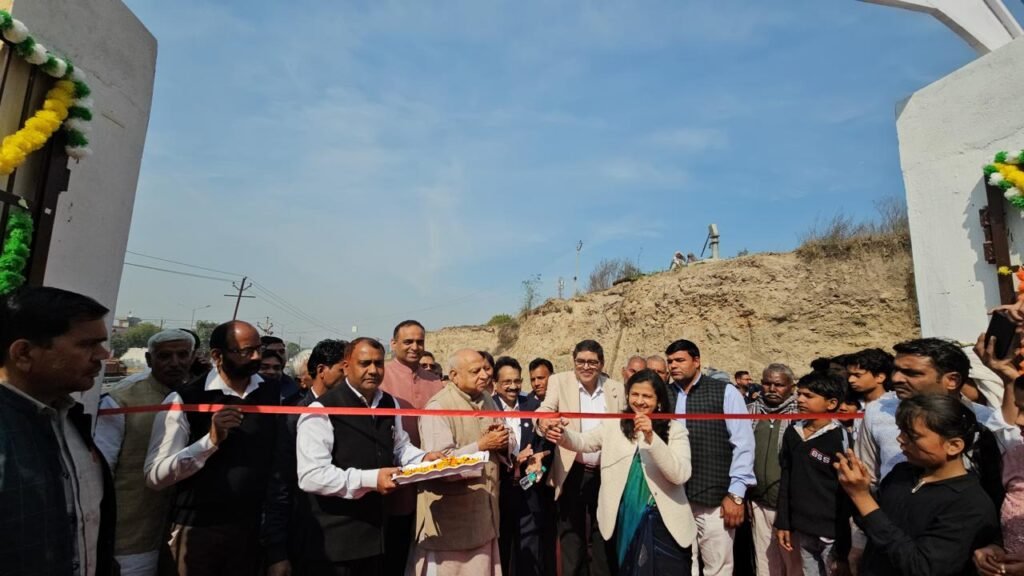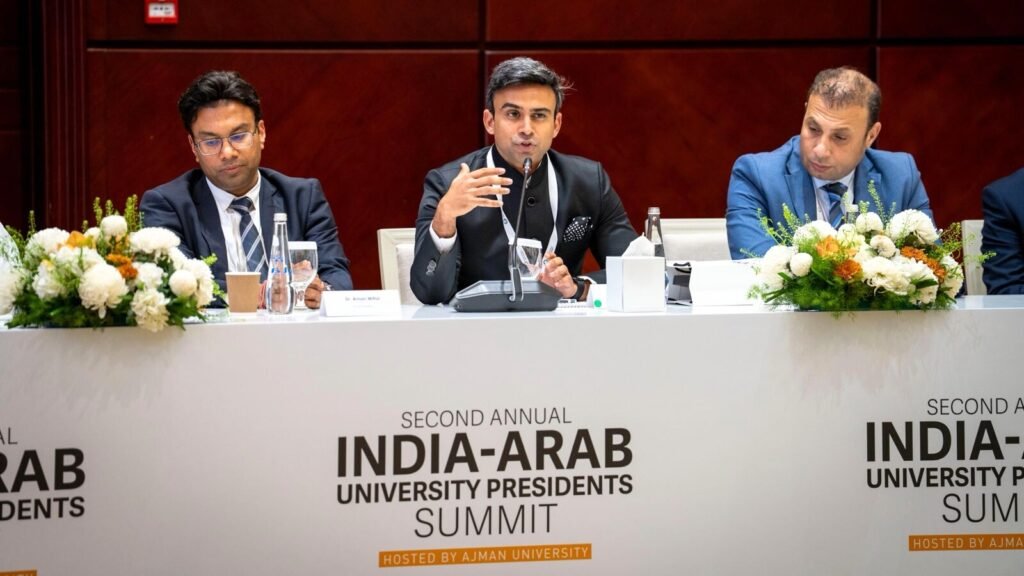- UK’s University of Leicester and India’s Apollo University team up to reshape global healthcare with an innovative computer science programme, blending education and research across continents
Strengthening collaborative education and research ties between the UK and India, the University of Leicester (Leicester) and The Apollo University (TAU), a part of the Apollo Hospitals Group, have initiated an unprecedented programme partnership. Marking a significant milestone, this collaboration launches a computer science programme wherein students commence their studies with two years at TAU in Chittoor, Andhra Pradesh, India, before progressing to their final year and graduation at the University of Leicester, UK.
The Apollo University and the University of Leicester aim to prepare 120 students for the first cohort, with the curriculum jointly mapped between the two universities. Students who achieve a minimum of 50 per cent in Physics, Chemistry and Mathematics during their Intermediate or diploma studies and complete Class 12 or its equivalent with these subjects as majors from a recognised Board are eligible to apply for the Programme. Upon successfully completing their studies at TAU, students can select from a computer science programme specialising in Artificial Intelligence, Data Science or Software Engineering at Leicester. Furthermore, the articulation pathway (formally agreed and approved admission route, for enrolled students) allows students to pursue a one-year master’s degree in their chosen discipline. Eligible students will also have access to placement opportunities and post-study work visas in the UK after course completion.
The partnership follows the signing of a Memorandum of Understanding (MOU) last year between the University of Leicester and the Apollo Hospitals Group, a globally recognised integrated healthcare service provider. The MOU outlined a collaborative vision in healthcare management, healthcare and data science, leveraging cutting-edge research and educational opportunities to harness the potential of artificial intelligence and address global healthcare challenges and skills shortages in both the UK and India.



